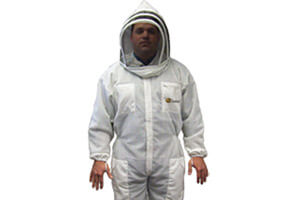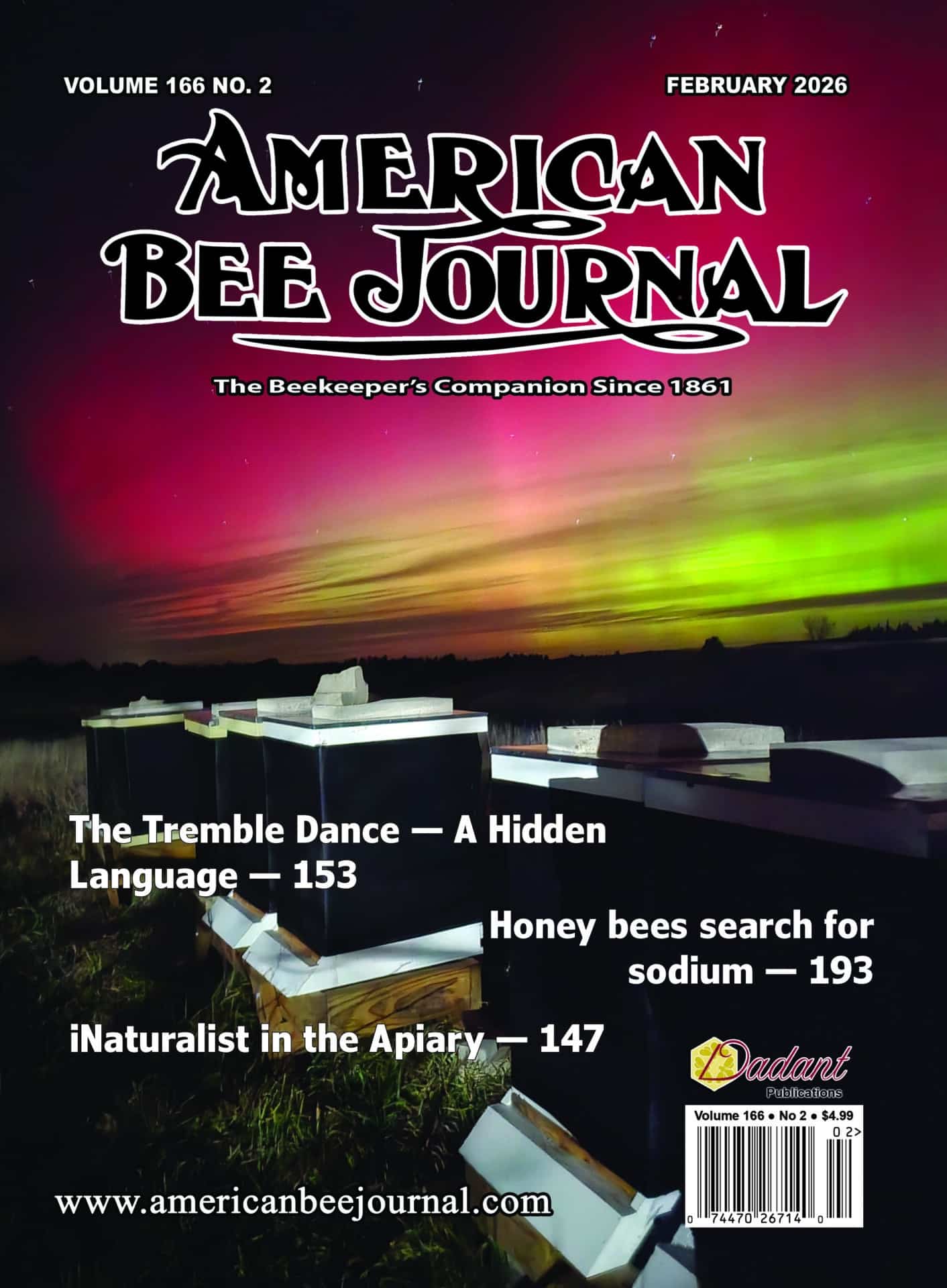
Interest in beekeeping has grown exponentially in the aftermath of news concerning the dearth of bees with colony collapse disorder. Beekeeping clubs everywhere are getting new members, some of whom have no bees or beekeeping experience. This is a very positive development. So, where do we go from here? The first thing to do is increase the dedication of each club to holding a beginning beekeeping course annually. It has been my privilege and pleasure to teach about 3,000 people to keep bees during my career. About 300 of them became successful beekeepers for life. This percentage of 90% attrition in 3 years can be mitigated to half or less if good follow-up with mentors is implemented.
There is a high attrition rate. Beekeeping is more difficult than most people realize. The goal of most people interested now is to have one hive in their backyard kept like pets, producing enough honey for them to consume. They have visions of ample honey, plenty of pollen, beeswax and propolis for personal use and a pollinated garden. This vision is a false premise doomed to failure. Always start with at least two colonies, three is better. If the one colony is lost the project is a failure and people quit. The cost of beginning an apiary is substantial. However, beekeeping remains a hobby that will pay for itself in sales of hive products.
The best time to hold such a course is in the fall season. This allows time to study first, put together equipment second and order bees for the spring installation third. Invite an equipment dealer to the class and encourage those attending to purchase equipment when they sign up and put it together as part of the class. Assembly of boxes, frames, tops, bottoms and foundation installation teaches students things about beekeeping that they do not learn other ways. Beekeeping is both a science and an art. Both of these require some hands-on learning in the form of laboratory work. One lab is equipment assembly. The other two labs are an apiary visit and installation of bees in their equipment the following spring.
Having a professional Apiculture Specialist from the University is the best way to have the class taught. It is a sad affair that not all Land Grant Universities have an Apiculture Specialist now and even fewer have a full time one. You may need to invite someone from a neighboring state. There is magic in teaching someone else to keep bees. Almost every association has experienced beekeepers who have kept bees successfully more than 5 years. There are a large number of sideline beekeepers out there with ample knowledge. Beginners stick with it if they have a mentor and that person needs to be one of those experienced beekeepers. Order your packages or nucleus colonies during the fall class for spring installation.
A good beginning class will include an introduction to the life cycle of honey bees. Information about the bee’s life in all seasons of the year is essential. How to manage bees not only for hive product harvest, but also for health is important. How to collect and manage the harvest is also important. Finally, the marketing of hive products is also important. Interest in comb honey is increasing. Comb honey production remains a mostly hobby activity. It is a good niche. Encourage hobby beekeepers to produce comb honey. The other option is a club-owned extractor.
A mentor can help an individual student or a few students to set up their apiary after the fall class—putting their assembled boxes in the right place and setting them in the right direction. Keep the new beekeepers in the association. Encourage them to purchase a bee suit, smoker and hive tool in advance for the second laboratory experiment of visiting an apiary of their mentor. The job of the University Apiculture Specialist is to have pictures and to provide the lectures. All students need to receive a beginning beekeeping book and the Apiculture Specialist should hand these out at the start. The book is part of the cost of the class. Mentors are the best to provide laboratory visits. The class will be better served to split it up among several mentors for a Laboratory visit. If this sounds like a whole weekend, that is about right. Class on Saturday, Apiary Visits on Sunday.
The mentors, believe it or not, have the greater responsibility. Your Apiculture Specialist may be one of those mentors if they reside in close proximity with their own handy apiary. Otherwise, the mentors need to be.…


